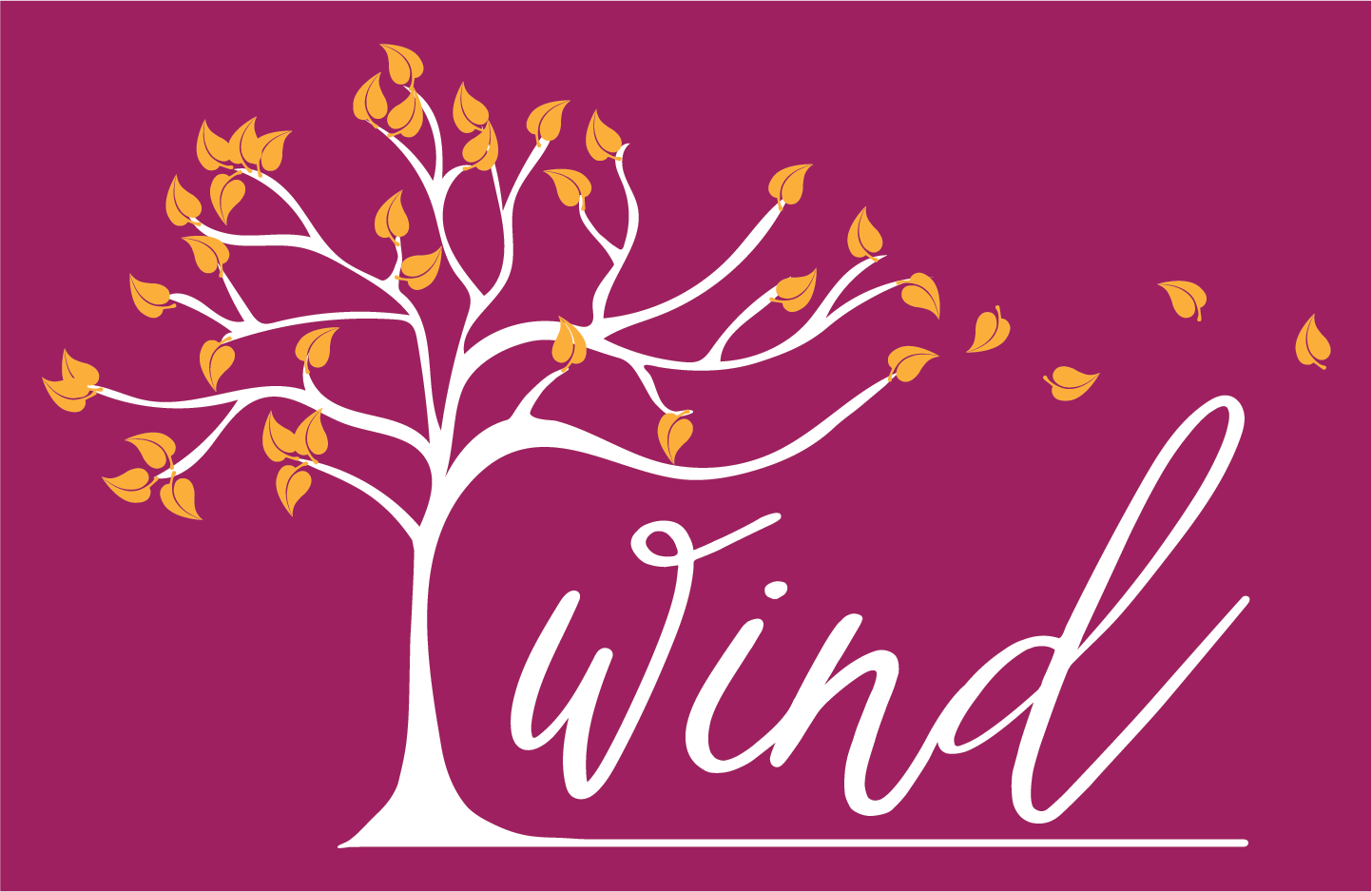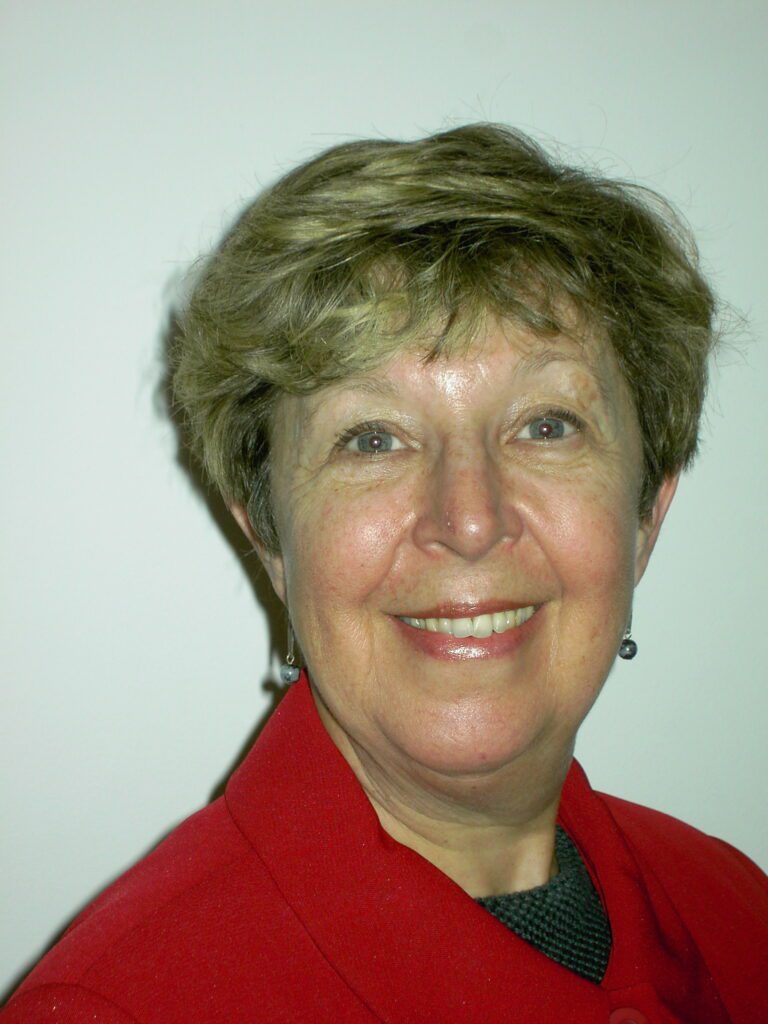By Penny Hirsch, PhD —
My short answer: Because helping formerly incarcerated women gain the skills they need to live independently is one small way to give back to people who have been ignored and mistreated by the U.S. criminal justice system and our society in general. In addition, WIND is an effort to strengthen our society by allowing us to benefit from these women’s talents and good intentions, which go to waste if we abandon them.
My longer answer: Years ago when I started to run writing workshops for formerly incarcerated women at a transition home in Chicago, I was immediately impressed by the women’s courage and determination to turn their lives around. I also was appalled to learn how often they had been abused and mistreated, at very early ages, first by friends and family who had also suffered abuse and addiction, and then by the U.S. “justice” system. This system treated them as criminals although they had never received help for the trauma and poverty and health issues they had experienced.
People I knew – in my socioeconomic class — who went to therapy and took anti-depressants didn’t have to buy drugs to self-medicate, and they didn’t have to support themselves through sex work and drug trafficking because they had insurance to pay for their drugs. And no one I knew was shackled during labor because she was considered a possible flight risk! Working with former prisoners made me more aware than I had ever been before of our society’s terrible shortcomings.
In addition, I learned that these women, who had too often been in and out of prison before they found a place where they could heal and grow, were eager to obtain their high school diplomas or college credits; that they thrived on taking culinary or computer classes; that they yearned for healthier relationships and often wanted to pursue careers that would allow them to help others conquer addiction and avoid imprisonment. They wanted to reunite with their families. Finally, they had so many gifts and had so much to offer: they could sing, write poetry, crack jokes, enlighten young people, and take loving care of each other.
I started to bring these women to Northwestern University as guest speakers in my classes and at the Women’s Residential College so that my students could see that people labeled “criminals” are human beings, just like them. As my students and I listened to these women and did research on the gross inequities in the U.S. prison system and the ways in which this system thrives on low income people and people of color, I saw how meaningful this social justice education was to the students, who wanted to find ways to rectify these societal wrongs. I also saw how much these efforts at outreach were supported by Northwestern’s administration.
Then, as I was retiring from my 40-year career as a faculty member at Northwestern, I had the good fortune to meet three amazing women who were starting a nonprofit organization to help women involved in the criminal justice system – either in jail, in prison, or recently released- re-think their lives and benefit from the “design thinking” that we teach at universities and the personal and professional skills that they need to build their confidence, gain employment, and live meaningful and safe lives on their own. The three women I met were the founders of WIND – Women Initiating New Directions. They graciously asked me to join their effort and become a board member. I felt that I could lend my teaching expertise to their efforts and again contribute, in a modest way, to helping people recover from the harms caused by our society’s wrongs. Every day that I work with the other board members, I’m impressed not only by their knowledge and skills, but by their vision for the future of WIND, which will eventually have a permanent space and be able to offer support and mentoring for women in Cook and Lake County who need this help. And I’m impressed and inspired by the courage and determination of the “returning citizens” we are privileged to meet and work with as part of this effort. As much as I hope that I am making a difference in their lives, I know for sure that they have made a difference in my life and the lives of my students.



